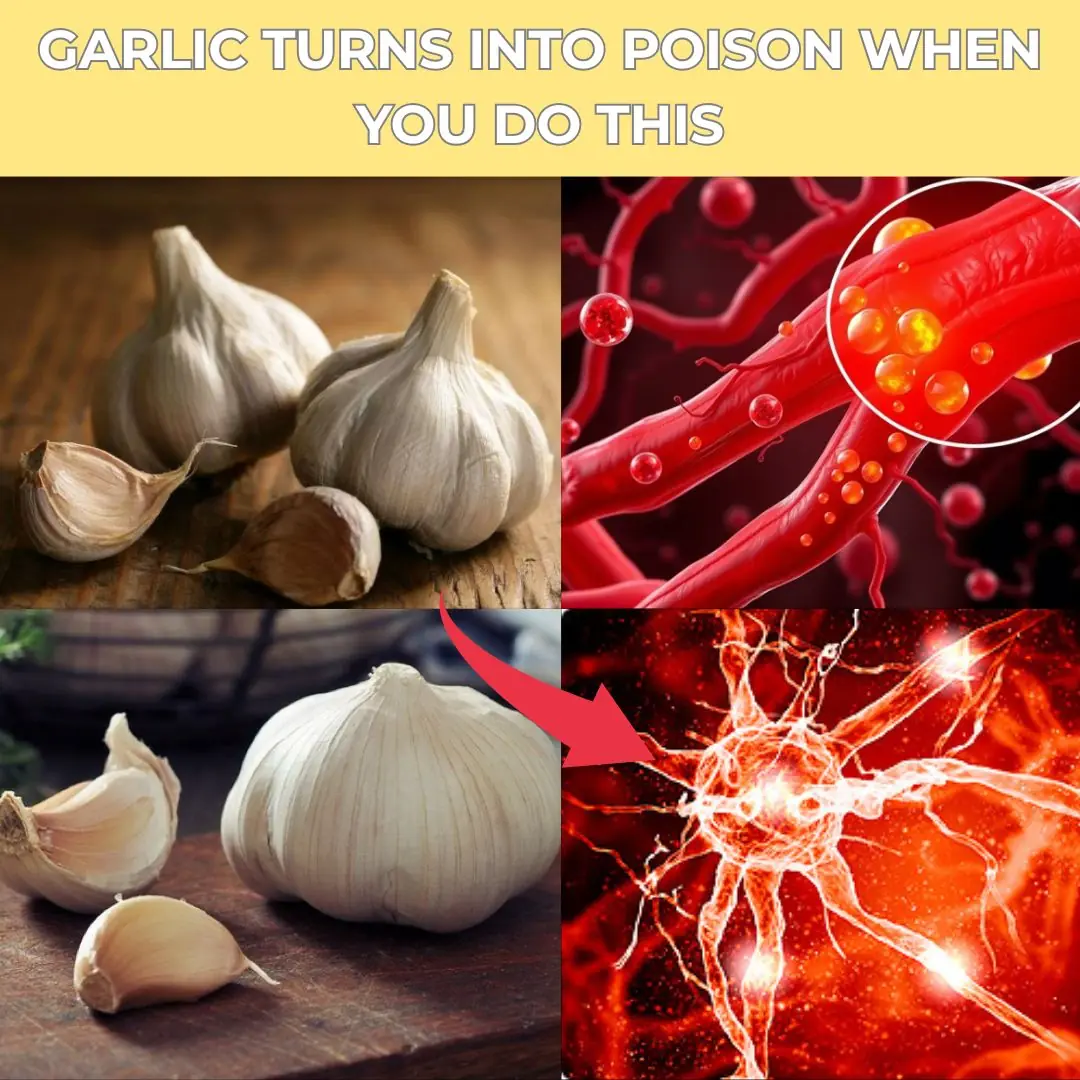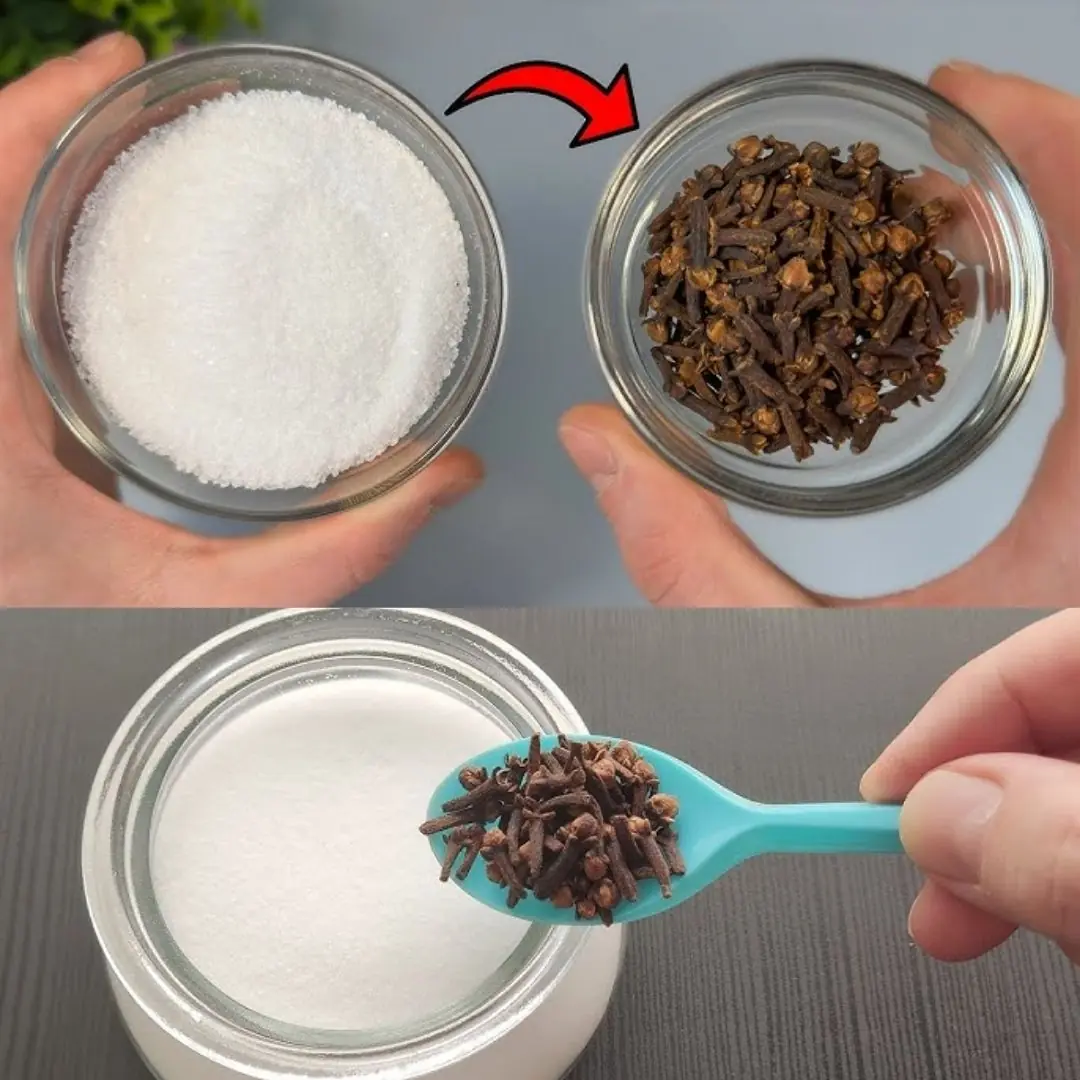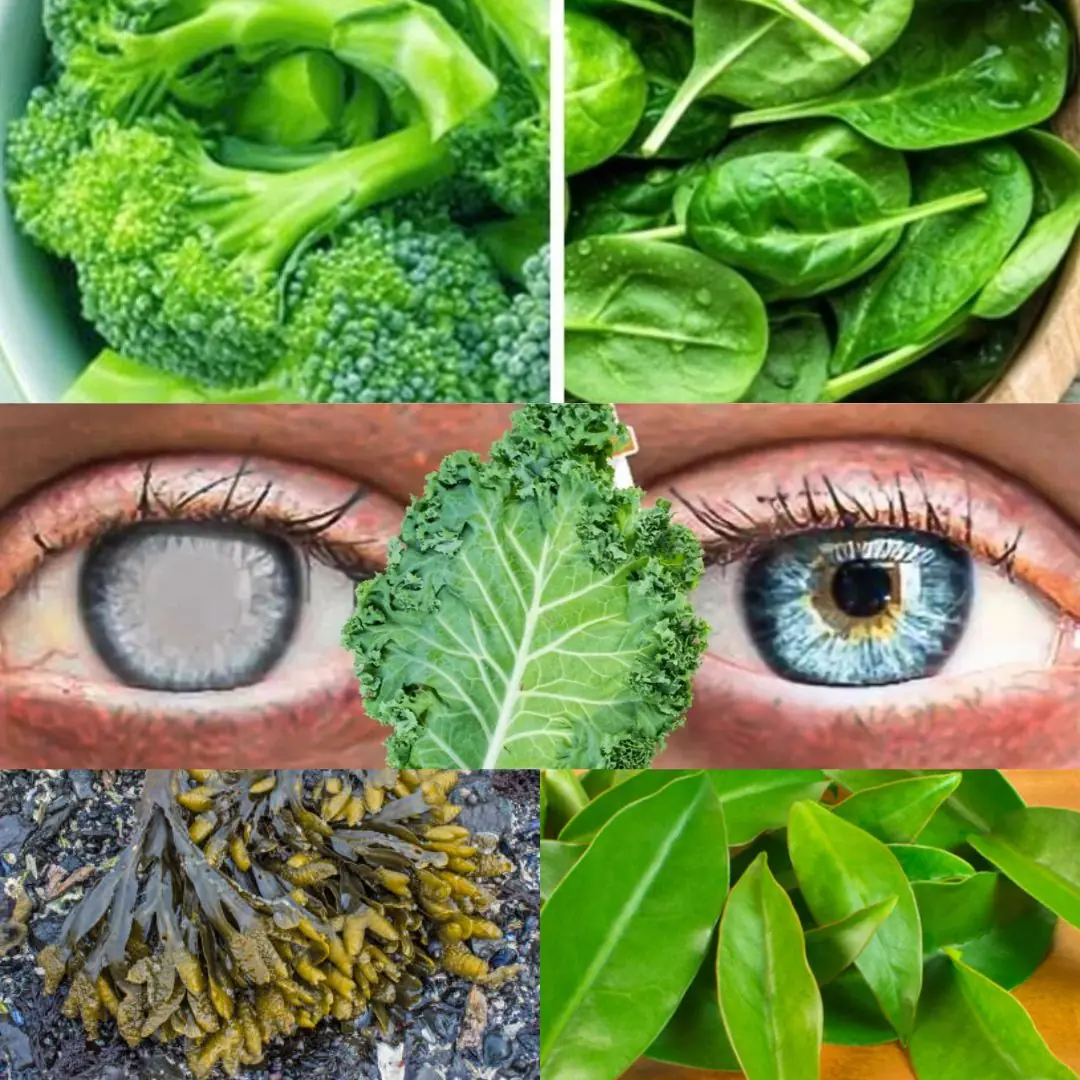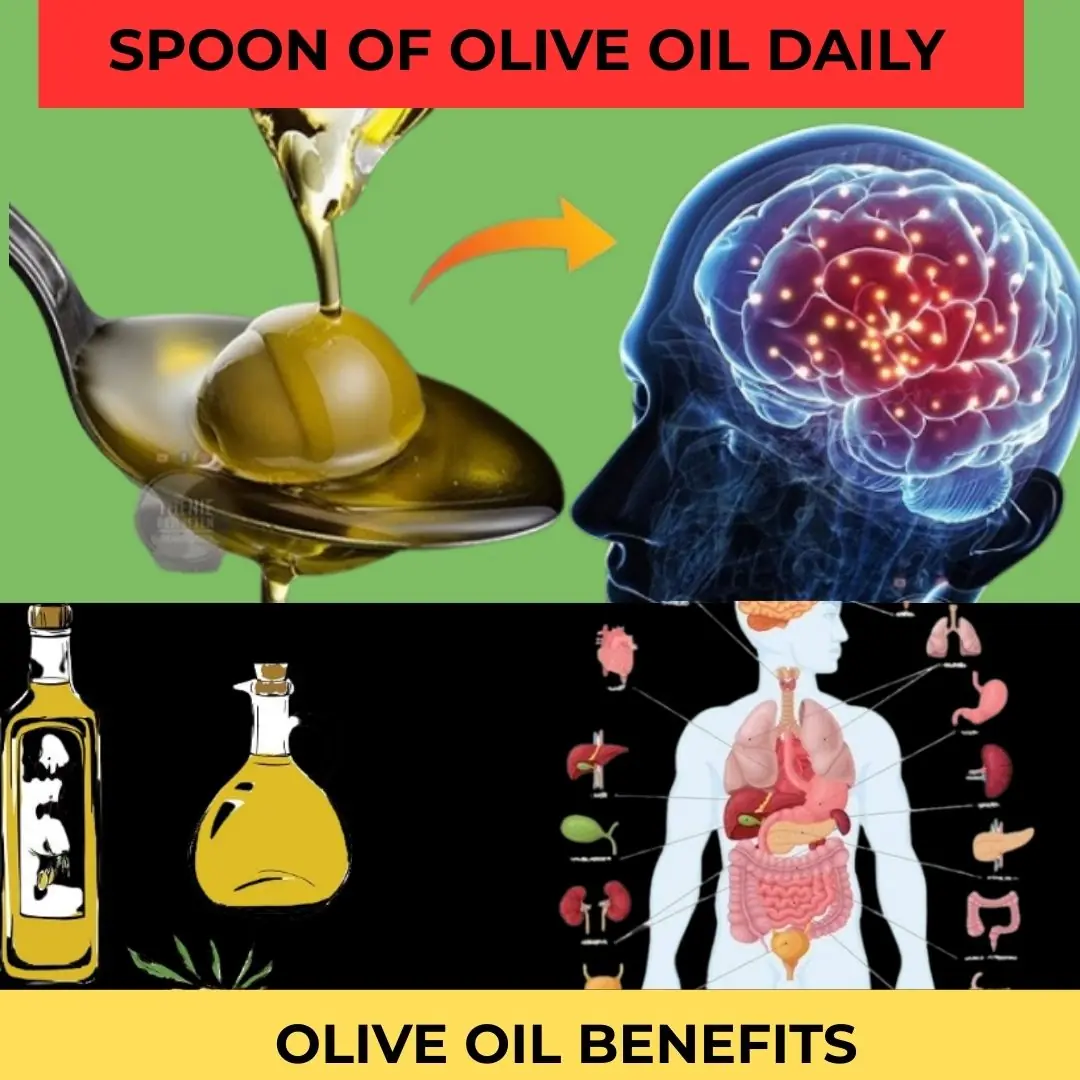
This ONE Lemon Hack Will Change Your Health!
Lemons are often celebrated for their refreshing flavor and tangy zest, but what if you could amplify their health benefits even further by consuming the entire lemon—skin, pulp, and seeds? This simple yet powerful change in your diet can dramatically enhance your health, and the effects might surprise you! In this article, we’ll explore the incredible health benefits of eating the whole lemon, and how incorporating it into your diet could be the game-changer you’ve been waiting for.
The Concept of Eating the Whole Lemon
When it comes to lemons, most people only consume the juice, squeezing it into drinks or recipes. However, to truly unlock the full potential of this citrus fruit, it's essential to include all parts—the skin, pulp, and seeds—in your diet. Each part of the lemon offers unique and potent health benefits that go far beyond the juice.
By consuming the entire lemon, you’ll access a wider range of nutrients, antioxidants, and bioactive compounds that work together to optimize your well-being. Plus, it’s a great way to reduce food waste and maximize the value of a fruit that’s often underutilized in its full form.
The Benefits of Lemon Peel
Lemon peel is often discarded, but it’s actually one of the most nutrient-dense parts of the fruit. Packed with essential oils, flavonoids, and vitamins, lemon peel is a powerhouse for your health—and offers a zest of goodness far beyond flavor.
1. Rich in Essential Oils – Limonene
The peel of the lemon contains a concentrated amount of limonene, an essential oil known for its anti-inflammatory, antioxidant, and immune-boosting properties. Limonene has been shown to support digestive health, reduce inflammation, and even help protect against certain types of cancer by neutralizing free radicals in the body. It’s also known for its detoxifying properties and is even used in some natural cleaning products due to its powerful antimicrobial action.
2. Packed with Flavonoids
Flavonoids are plant compounds that have powerful antioxidant effects. Lemon peel is especially rich in hesperidin, a flavonoid that helps lower blood pressure, improve circulation, and protect against oxidative stress. This makes lemon peel an excellent addition to your diet if you want to reduce the risk of chronic conditions like heart disease and diabetes. Some studies also suggest flavonoids can help protect brain cells, potentially lowering the risk of cognitive decline.
3. Vitamins and Minerals
Lemon peel contains a rich supply of vitamin A, vitamin C, and important minerals like calcium, magnesium, and potassium. These nutrients are vital for maintaining healthy skin, boosting your immune system, and supporting bone health. Vitamin C is particularly beneficial for fighting off colds and enhancing collagen production for skin elasticity. Calcium and magnesium work together to maintain muscle and nerve function while keeping your bones strong and resilient.
The Benefits of Lemon Pulp
The pulp, or the white inner part of the lemon, might not be as commonly appreciated, but it offers a range of health benefits as well. Often overlooked because of its slightly bitter taste, it’s actually where a lot of the fruit's fiber and bioactive plant compounds live.
1. Rich in Bioflavonoids
The pulp is loaded with bioflavonoids, which are known for their ability to support healthy blood vessels and reduce inflammation. Bioflavonoids in lemon pulp help to strengthen the blood vessel walls, promoting better circulation and reducing the risk of cardiovascular issues. These compounds also work synergistically with vitamin C, enhancing its absorption and overall antioxidant effect in the body.
2. Pectin for Digestive Health
Lemon pulp is also an excellent source of pectin, a type of soluble fiber that plays a key role in digestive health. Pectin helps improve digestion by slowing the absorption of sugar into the bloodstream, which can stabilize blood sugar levels. It also promotes regular bowel movements and enhances gut health by feeding beneficial gut bacteria. Emerging research even suggests pectin may help lower LDL cholesterol levels, further supporting heart health.
3. Anti-inflammatory Properties
The pulp's bioactive compounds have anti-inflammatory effects that can help reduce swelling, promote healing, and improve overall cellular function. This makes lemon pulp particularly useful for people dealing with chronic inflammatory conditions such as arthritis, metabolic syndrome, and even asthma. Adding pulp to your diet can be a gentle yet powerful step toward a more anti-inflammatory lifestyle.
The Benefits of Lemon Seeds
Lemon seeds might seem insignificant, but they contain unique compounds that offer surprising health benefits. Although they are often discarded, lemon seeds are rich in salicylic acid, essential fatty acids, and antibacterial properties that shouldn't be overlooked.
1. Natural Pain Relief – Salicylic Acid
Lemon seeds contain salicylic acid, which is the active ingredient found in aspirin. This natural compound has powerful analgesic properties that can help reduce pain and inflammation. Salicylic acid may help with conditions like arthritis, muscle pain, and other inflammatory ailments, providing a natural alternative to over-the-counter pain medications. While not as potent as commercial aspirin, it’s a great example of how nature offers its own version of powerful remedies.
2. Rich in Essential Fatty Acids
Lemon seeds contain linoleic acid, a type of essential fatty acid that is crucial for maintaining healthy skin, improving brain function, and supporting the immune system. These fats are also important for regulating cholesterol levels and preventing cardiovascular diseases. Linoleic acid is known for its moisturizing effects and plays a vital role in maintaining the skin’s protective barrier.
3. Antibacterial and Antiviral Properties
The seeds of lemons have natural antibacterial and antiviral properties, which can help boost the immune system and protect against infections. Incorporating lemon seeds into your diet may help strengthen your body’s defenses against harmful bacteria and viruses. They also contain trace amounts of natural compounds that may act as mild antifungals, supporting overall internal balance and resilience.
How to Add the Whole Lemon to Your Diet
Now that we know the incredible benefits of consuming the whole lemon, let’s look at some simple and delicious ways to incorporate it into your daily routine. The best part? You don’t have to drastically change your meals—just enhance them.
1. Grate Lemon Peel onto Your Salad
One of the easiest ways to incorporate lemon peel is to grate it over your salads. The zest adds a refreshing, tangy flavor while providing a burst of nutrients. You can also sprinkle some lemon zest on your vegetables, pasta, or fish dishes for an extra zing. Even desserts like yogurt or baked goods can be elevated with a touch of citrus zest.
2. Add Lemon Slices to Your Water
For a refreshing, hydrating drink, add lemon slices (with the peel on) to your water. This helps infuse the water with the nutrients from the peel and pulp, and it’s a great way to stay hydrated throughout the day. You can also add a few slices to iced tea or homemade lemonade. Add some cucumber or mint for an added spa-like experience and extra detox benefits.
3. Roast Lemon Whole for an Amazing Flavor
Roasting whole lemons is a fantastic way to enhance their natural flavor. Simply slice a lemon into halves or quarters and roast it in the oven with a drizzle of olive oil. The roasted lemon adds a smoky, caramelized flavor to meats, fish, or vegetables. You can even serve roasted lemon as a garnish for dishes like grilled chicken or roasted fish. The heat helps mellow the bitterness of the rind while intensifying its natural sweetness.
4. Grind Lemon Seeds into Powder
Lemon seeds can be ground into a fine powder using a high-powered blender or spice grinder. Once powdered, you can sprinkle the lemon seed powder into smoothies, yogurt, or oatmeal for a nutritional boost. The seeds' natural compounds are potent, so a small amount goes a long way. Be sure to grind them thoroughly to avoid a gritty texture and maximize nutrient absorption.
5. Add Whole Lemon to Smoothies
For a nutrient-packed smoothie, throw a whole lemon—peel, pulp, and seeds—into your blender along with your favorite fruits and vegetables. It’s a great way to get a powerful dose of vitamins, antioxidants, and fiber. Try blending lemon with berries, spinach, ginger, and a bit of honey for a refreshing, detoxifying drink. You’ll be surprised at how well the flavors come together when balanced with the right ingredients.
Conclusion: The Power of the Whole Lemon
Consuming the **whole lemon—peel, pulp, and seeds—**gives you a powerhouse of nutrients and health benefits that you wouldn’t get by drinking lemon juice alone. From boosting your immune system and aiding digestion to reducing inflammation and supporting cardiovascular health, the whole lemon is truly a superfood in its own right.
So, next time you reach for a lemon, remember that the peel, pulp, and seeds all have incredible health benefits waiting to be unlocked. By incorporating the entire lemon into your diet, you’ll be giving your body the nourishment it needs to thrive, naturally.
Start using this simple lemon hack today, and experience the incredible health benefits that await you—from the inside out!
Let me know if you want this turned into a printable one-pager or formatted for social media or a blog!
News in the same category


The Benefits of Combining Eggs and Coffee: A Nutritious and Energizing Pair

Garlic for Health: Avoid These 6 Common Mistakes

Ginger Tea: A Natural Alternative to Aspirin in Preventing Blood Clots

The Best Benefits of Combining Coffee and Garlic: A Powerful Duo for Health

Homemade Natural Painkiller: A Simple 3-Ingredient Remedy for Fast Relief

URGENT: These Foods Improve Circulation INSTANTLY!

Mix Baking Soda and Cloves to Save Tons of Money – You Won't Believe the Results!

The #1 Anti-Cancer Food You Should Be Eating

“WAKE UP PEOPLE!” The Shocking Benefits of These 20 GUT-Boosting Foods!

5 Powerful Leaves That Boost Eye Health Naturally

How to Improve Your Vision Naturally with One Simple Ingredient: Saffron

10 Useful Aspirin Tricks You Should Know

Top 10 Superfoods That Heal Your Heart FAST! (Doctors Stunned!)

Start Your Day Right: The 10 Incredible Benefits of Drinking Olive Oil Every Morning

Most people don’t know the power of this Unpretentious Backyard Miracle Plant Chưa phân loại thutrang · 4 April, 2025 · Comments off

Unlocking the Secrets of Morel Mushrooms: Benefits You Need to Know

RENEWED KNEE! The Tea That Soothes Knee and Joint Discomfort

8 Natural Ways to Lower Uric Acid and Prevent Gout
News Post

Girls Visit Dad's Grave to 'Show' Their New Dresses as He Asked, See 2 Boxes with Their Names

Turns Out I Rented an Apartment to My Husband's Mistress, and Their Next Date There Was One I'll Never Forget

Neighbor Mocks Poor Woman for Filthy Look of Her House, Apologizes after She Sets Foot Inside

My Wife Kicked Me Out of the House Because of the Sudden Confession of My Director

My Son’s New Classmates Turned Him from a Straight-A Student into a Troublemaker — But I Didn’t Give Up on Him

After My Brother's Funeral, His Widow Gave Me a Letter – I Wasn't Ready for What He'd Confessed

The Key to Everlasting Memories? Scientists discovered the "glue" that makes memories stick!

Listening to Music Literally Speeds Up Recovery from Surgery, Research Shows

A Common Drug Used in Tylenol, Excedrin, and More Was Just Linked to ADHD

Pulsatile Tinnitus: Why You Hear Your Heartbeat While Lying Down

Doctor's Warning To People Whose Fingers And Toes Change Color And Feel Numb In The Cold

Red Spots on Skin: 13 Common Causes

Vaping vs. Smoking: New Study Says Vapes May Be More Harmful

Businessman Loses All Hope After His Diagnosis, but One Hospital Encounter Changes Everything

My Husband's 'Business Partner' Showed Up at Our Door and Mistook Me for the Cleaning Lady — I Decided to Play Along

My Husband Asked for a Divorce Right After Learning About His Rich Father's Inheritance

Entitled Mom Claimed My Seat at the Cafe — Her Face Turned Red after I Taught Her a Lesson

My Fiancé Told Me His Grandma Wanted to Meet Me Before the Wedding – As I Arrived, a Nurse Pulled Me Aside and Said, 'Don't Believe a Word'

The Healthy Benefits Behind Grapeseed Extract: A Comprehensive Guide
